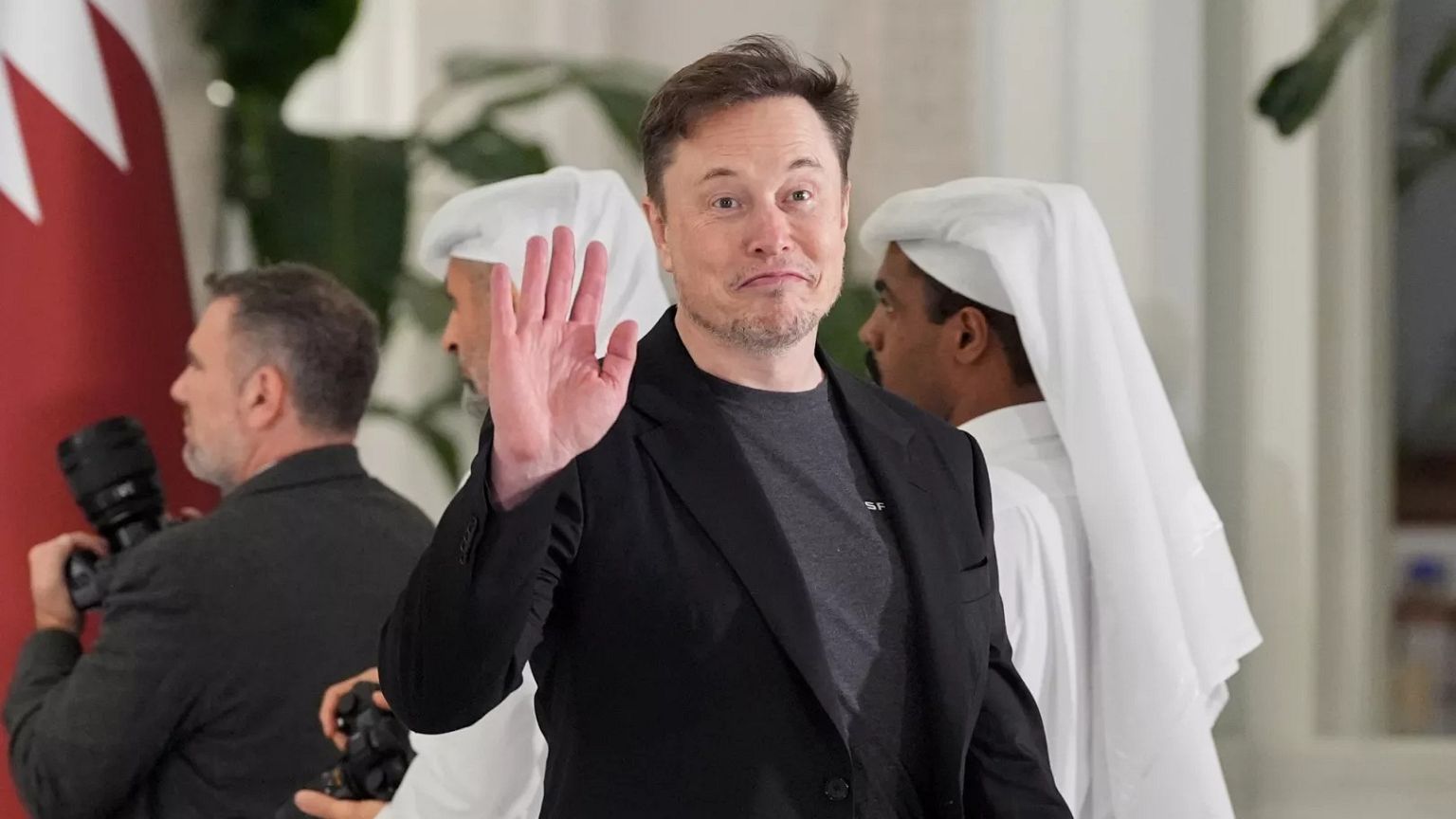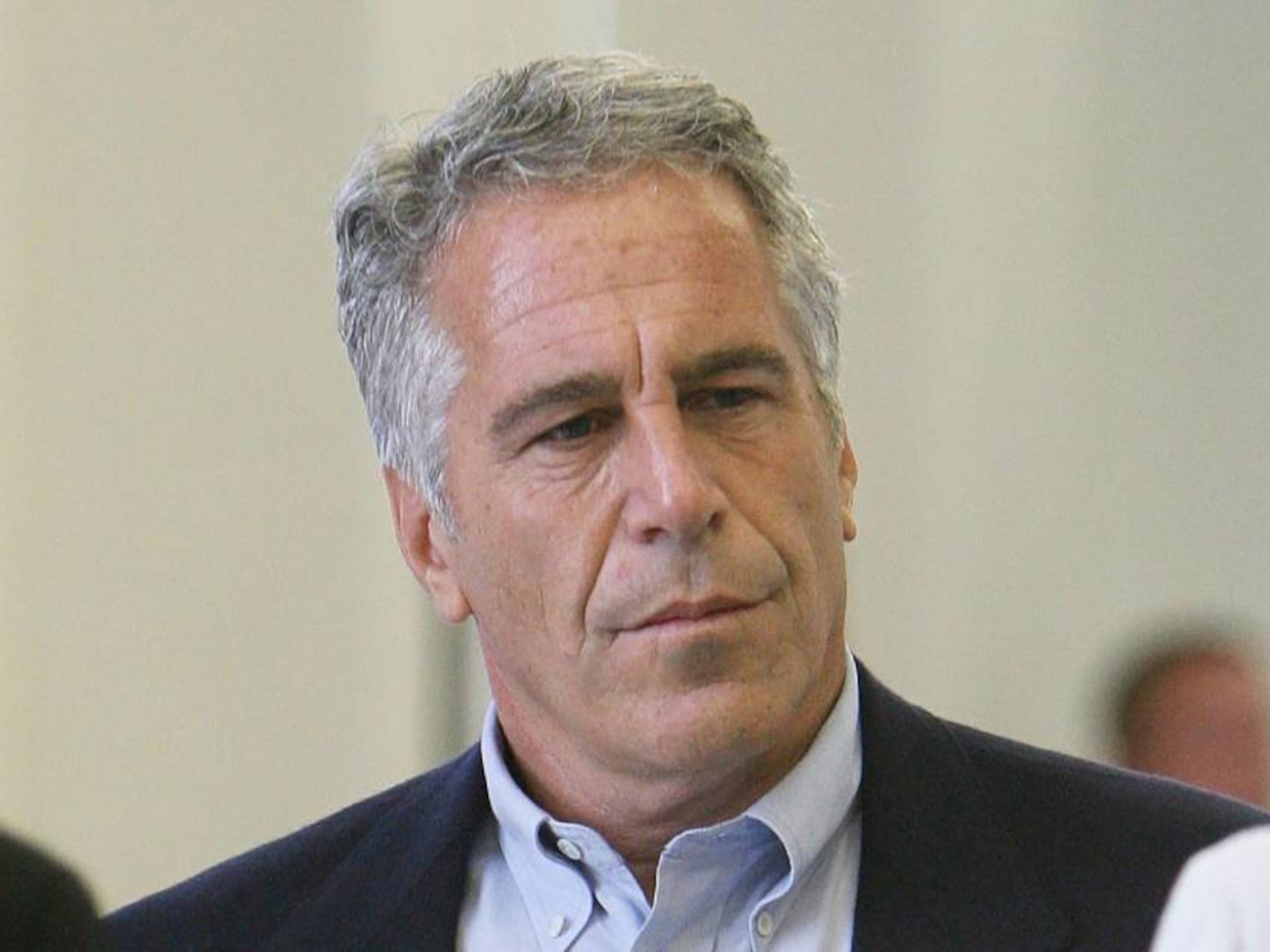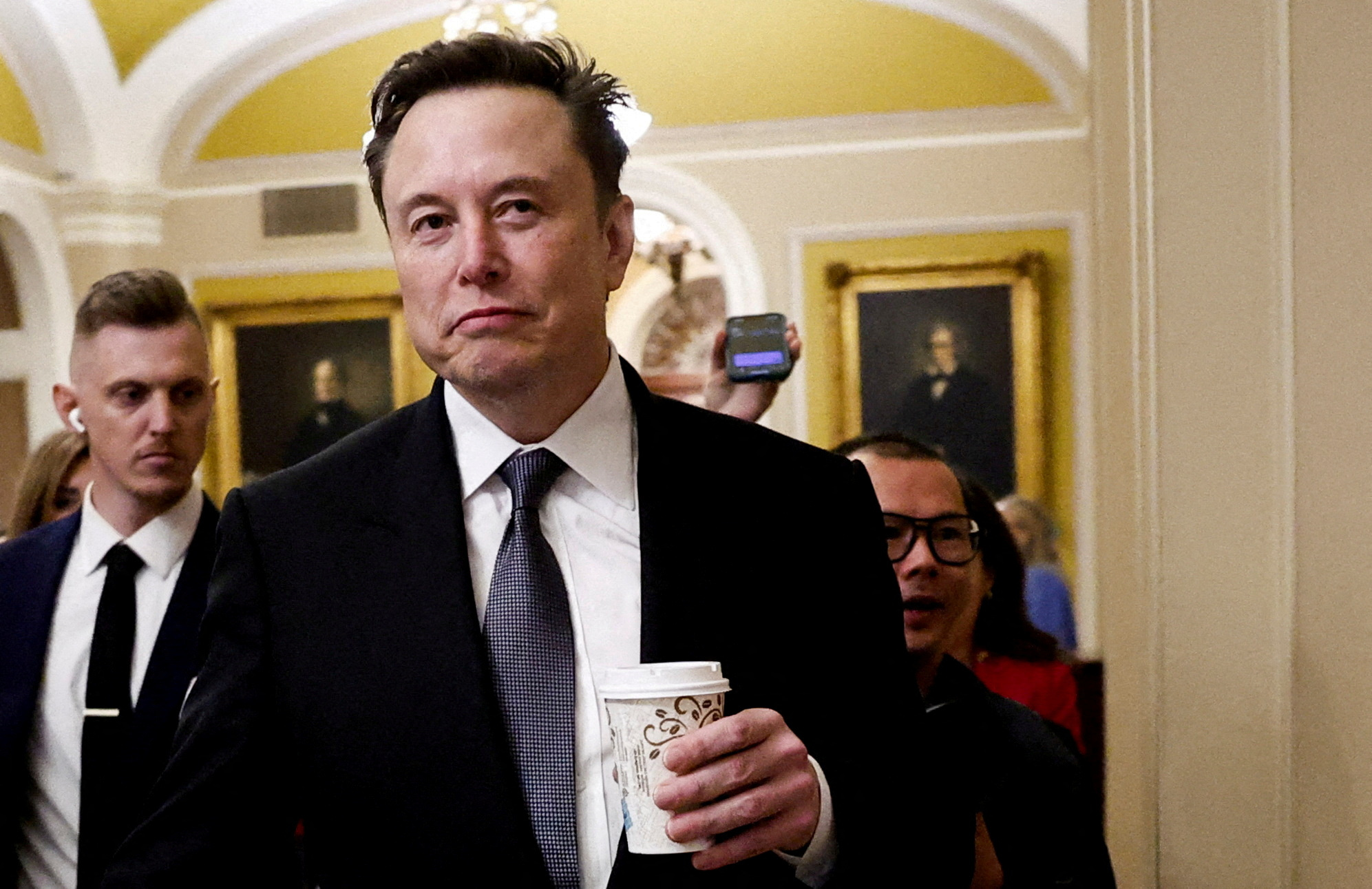
In a sharply provocative move during the Qatar Economic Forum, Elon Musk fired back at Bill Gates’ blistering accusations by referencing Gates’ controversial ties to convicted sex offender Jeffrey Epstein. The exchange marked a new low in the ongoing feud between the two billionaire tech icons, moving the battle from policy to personal scandal.
Bill Gates, the Microsoft co-founder and philanthropist, had recently accused Musk of “killing the world’s poorest children” through his leadership of the Department of Government Efficiency (DOGE), which orchestrated drastic cuts to the U.S. Agency for International Development (USAID). Gates warned that these cuts resulted in life-saving food and medicine expiring unused and predicted millions of preventable deaths due to the withdrawal of global aid.
Musk, however, rejected these charges outright. In a moment charged with tension and delivered before an audience at the Qatar Economic Forum, Musk turned the tables on Gates by questioning his moral authority. “Who does Bill Gates think he is to make comments about the welfare of children, given that he frequented Jeffrey Epstein?” Musk said to scattered applause.

He went further, adding, “I wouldn’t want that guy to babysit my kids,” drawing direct attention to Gates’ well-documented meetings with Epstein, a convicted pedophile and sex offender.
The implication was clear: Musk sought to undermine Gates’ credibility by highlighting the Microsoft mogul’s personal associations with Epstein, who had served jail time for soliciting a minor. Despite Epstein’s criminal record, Gates met with him multiple times in the 2010s, a fact that has raised eyebrows and criticisms of poor judgment and complicity in some circles.
Yet Musk’s counterattack came with an irony that some observers quickly noted. While Musk openly criticized Gates for Epstein’s connections, Musk himself had reportedly visited Epstein’s Manhattan home after Epstein’s 2008 conviction and attended a billionaire’s dinner with Epstein in 2011. This paradox did not escape public commentary, underscoring the complexity and personal contradictions fueling the feud.
Beyond personal jabs, the core of the dispute remains the fate of global humanitarian aid. Gates has repeatedly condemned Musk’s aggressive budget cuts under DOGE, warning that slashing programs run by USAID has severe human consequences. In an interview with The Financial Times, Gates described Musk’s role as the “world’s richest man killing the world’s poorest children,” a phrase that grabbed headlines and sparked outrage.

Musk retorted on multiple occasions that Gates’ accusations are lies. During his conversation with BBC journalist Mishal Husain at the Qatar forum, Musk said, “Gates is a huge liar.” When questioned about the factual basis of Gates’ claims—particularly the risk that millions could die due to aid cuts—Musk insisted the accusations were false.
He argued that USAID was not effectively helping children and claimed his agency, DOGE, had uncovered extensive fraud and corruption.
“Like, can we at least see a few kids, like, where are they?” Musk challenged, questioning the visibility and accountability of USAID’s previous efforts.
However, Husain pressed Musk on the repercussions of the freeze on PEPFAR, a U.S. program delivering HIV and AIDS relief internationally. United Nations modeling estimates that a permanent halt in PEPFAR support could lead to 4 million AIDS-related deaths by 2029—a grim projection that directly counters Musk’s claims.
When confronted, Musk’s demeanor shifted. “OK so which ones aren’t being funded? I’ll fix it right now,” he said, with Husain directing him to UNAID’s website for specifics.
This exchange laid bare the high stakes involved, where billionaires debate over policy details that impact millions of vulnerable lives. Musk’s deflection through personal attacks on Gates’ character and associations signals a battle not just over aid budgets, but over public image and moral legitimacy.

The feud exposes deeper issues about accountability among the ultra-wealthy and the consequences when personal vendettas intersect with global governance. Both men wield immense influence—Gates through his philanthropic foundation and global health investments, Musk through his leadership of government departments and media presence.
Musk’s sarcastic invocation of Epstein was a calculated move to discredit Gates, yet it also brought renewed scrutiny to Musk’s own history with Epstein, a connection often overlooked in mainstream discourse. The controversy suggests that the fight between these billionaires is as much about reputations as it is about policies, and that personal histories cannot be easily separated from public responsibilities.
Ultimately, the public fallout from these exchanges reflects a broader crisis of trust in leadership at the highest levels. As Gates advocates for increased global aid to prevent millions of deaths, Musk dismisses such concerns and focuses on rooting out corruption, even while facing questions about his own past associations.
The world watches as two titans clash—one accusing the other of causing preventable deaths, the other firing back with biting personal attacks—while millions await the consequences of their decisions.
Would you like a Vietnamese translation of this article next?
-1747734794-q80.webp)

-1747889572-q80.webp)
-1747623652-q80.webp)